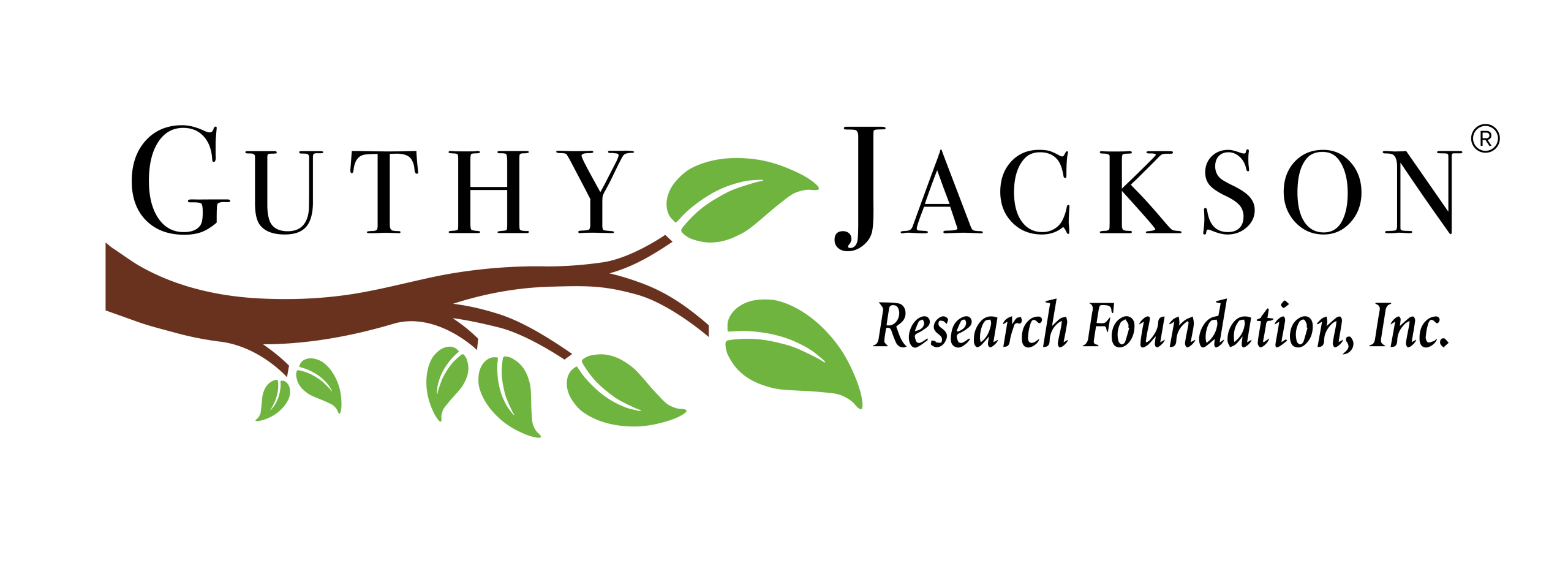This nineteen-year-old opens up about living with her illness and co-authoring a book with her mom, Saving Each Other: A Mother-Daughter Love Story.
By Sierra Tishgart
CA– USE: Neuromyelitis Optica (NMO) is a rare and incurable autoimmune disease that can cause blindness, paralysis, and seizures. When Ali Guthy was diagnosed at age fourteen and given four to six years to live, she and her family took action. They created the Guthy-Jackson Charitable Foundation, which enables over fifty of the world’s leading doctors from twenty-five countries to conduct research and find a cure. Now, Ali has co-authored a book with her mother to bring this disease into the public eye.
GET INVOLVED: You can support Ali’s foundation by giving blood, making a donation, or purchasing her book.
“My first symptoms started when I was thirteen, when I was in eighth grade. I had a one-month period of nonstop nausea, and I lost weight. I went to a series of doctors, and no one could find anything wrong with me. Being thirteen and tall and skinny, people jumped to conclusions that I had an eating disorder. Those symptoms went away after a month, and then a year later, I started to lose vision in my left eye. My family got the diagnosis a week after the onset of symptoms that it was Neuromyelitis Optica, or NMO. It’s an autoimmune neurological condition—your own immune system starts to attack your body. It can cause blindness and paralysis.”
“I made the conscious decision not to know what my diagnosis was. It was my first year of high school, and people started telling me I couldn’t do certain activities that I wanted to, like playing tennis. I figured I’d rather not know and continue on with my life. But mid-sophomore year, my mantra changed from ‘ignorance is bliss’ to ‘knowledge is power.’ Once I discovered what I had, then I start going full-force to try and help people as much as I can. NMO is currently incurable, and when I was diagnosed, the doctors said that I only had four years to live.”
“My mom started our foundation right after my diagnosis, and I got involved later on by reaching out to other patients. We host a three-day NMO symposium, where we gather doctors to talk about progress and treatments and host patients to talk about alternative treatments. The patients can interact with researchers and ask questions.”
